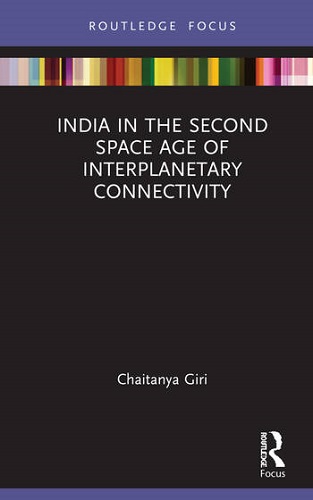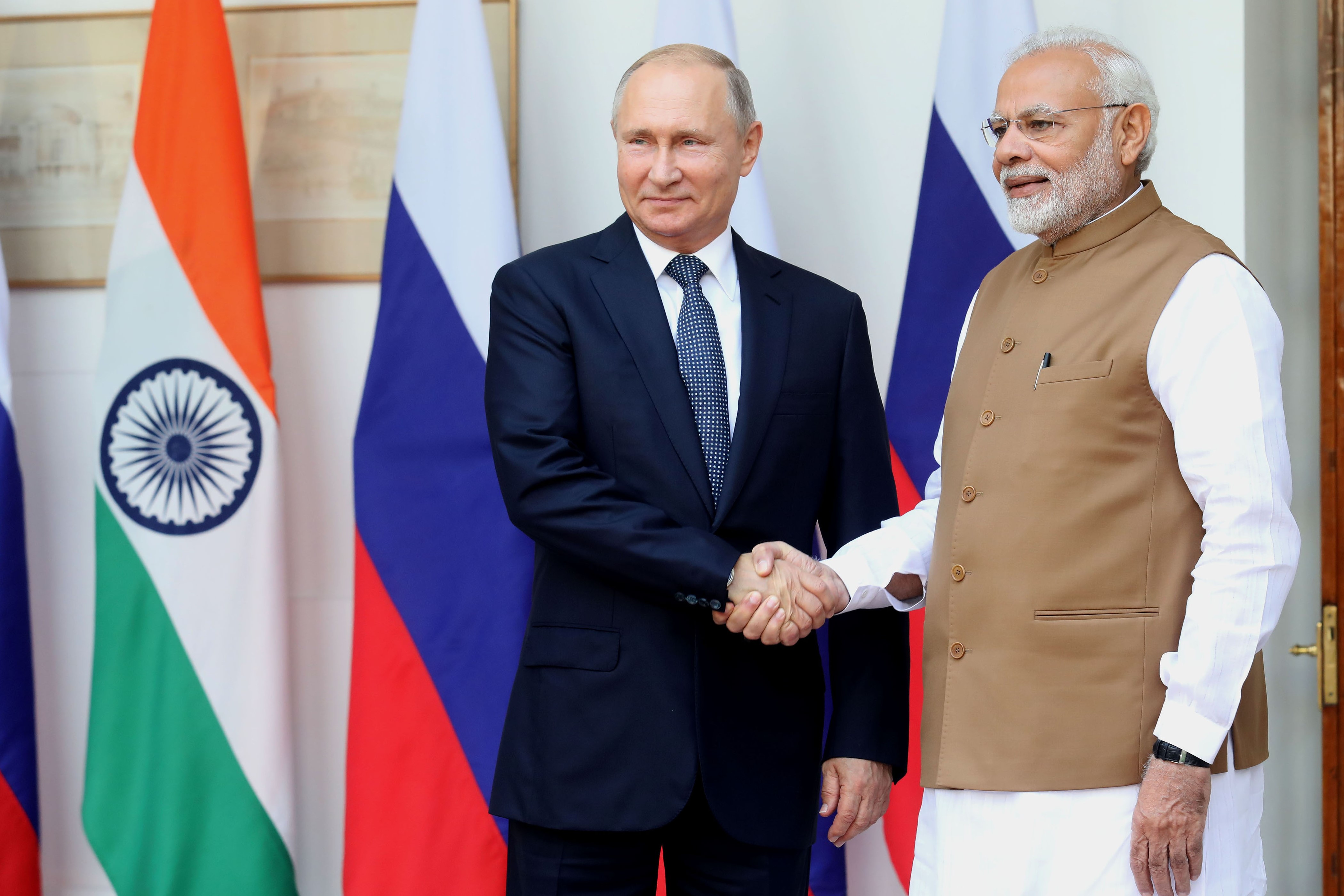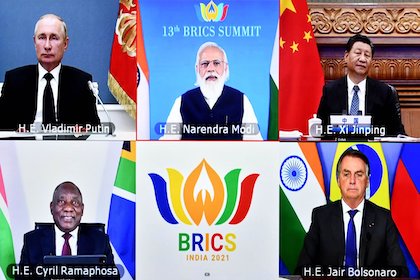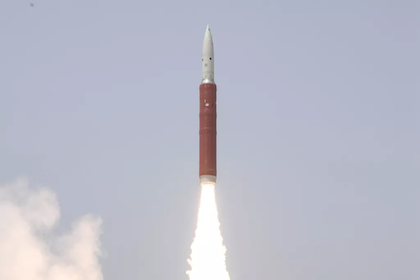India in the Second Space Age
The concept of astropolitical blocs as an extension of geopolitical blocs remains unexplored, especially from an Indian perspective. As the scope of international cooperation in space expands into soft science diplomacy, the advent of the second space age creates opportunities for India to step up its space program, according to this book. This particular excerpt discusses the second space age, the changing nature of space enterprises, and the involvement thereof, of developing nations.










